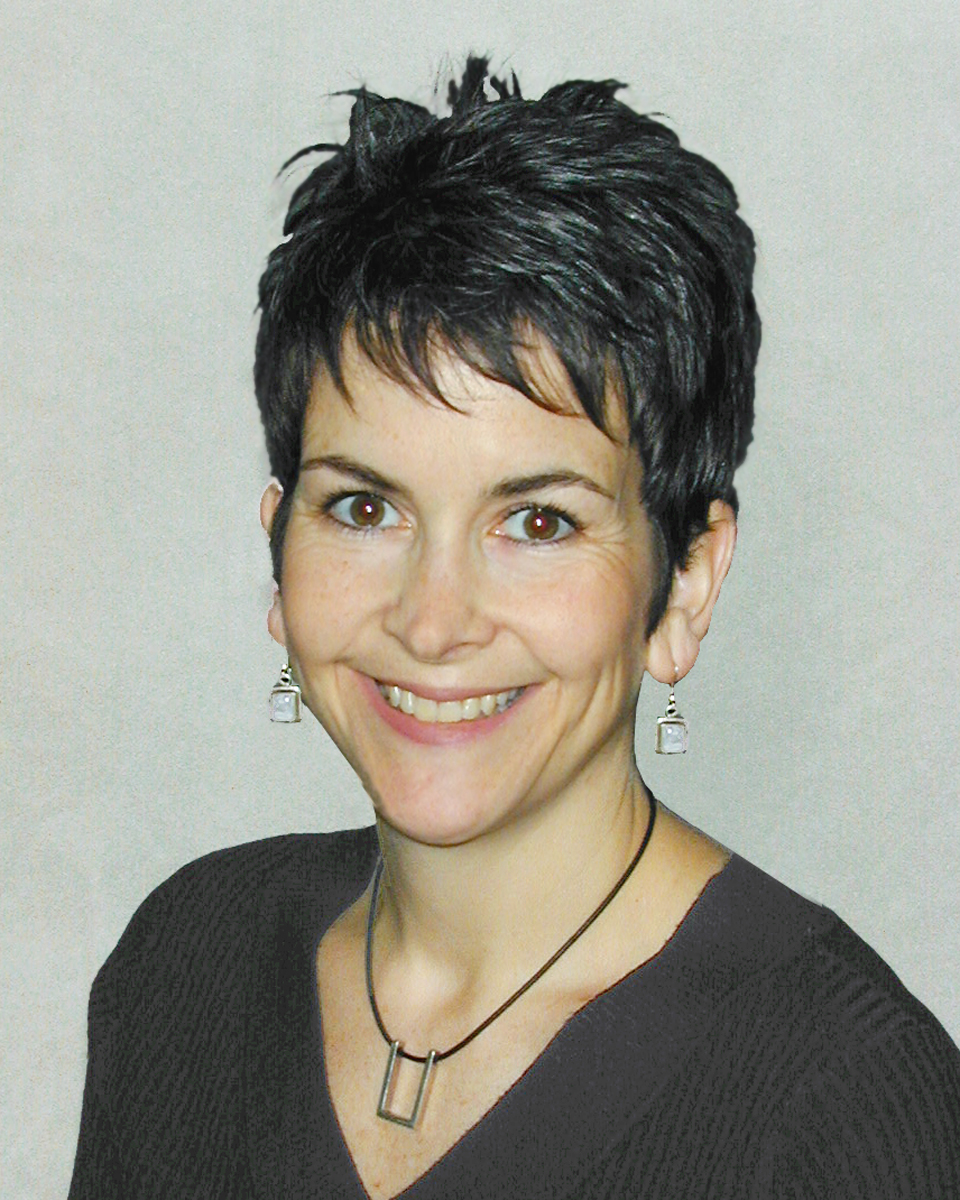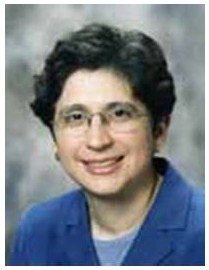
The following have been recipients of funding from The Teal Tea Foundation:
St. Mary Cancer Center
Click to read a thank you letter from Susan Bass Levin, President and CEO of The Cooper Foundation

Fox Chase Cancer Center
Click to read a thank you letter from Susan Bass Levin, President and CEO of The Cooper Foundation

Dr. Eric A. Ariazi, Fox Chase Cancer Center - RESEARCH PROJECT

Dr. Ariazi, is an assistant researcher with the Fox Chase Cancer Center, Philadelphia, Pennsylvania. Dr. Ariazi is exploring the potential for new therapeutics to treat women with platinum-resistant ovarian cancer, that is treatments that will help women whose bodies no longer react favorably to certain chemotherapy drugs. $15,000 awarded June 2012
Dr. Elyce Cardonick, Cooper Cancer Institute - ONLINE CANCER REGISTRY FOR PREGNANT WOMEN

Dr. Cardonick developed an online registry for women diagnosed with ovarian and other types of cancer during pregnancy. She tracks the progress of the women from diagnosis and treatment and follows the child from the time of delivery and annually. She is collecting information about how chemotherapy exposure to a fetus affects growth and development of the child whose mother was diagnosed with cancer during pregnancy.
$6,000 awarded March 2012
Dr. Denise Connolly, Fox Chase Cancer Center - NON-INVASIVE FLOURESCENT MOLECULAR IMAGING OF OVARIAN CANCER TUMOR-ASSOCIATED PROTEASES IN MICE

Dr. Connolly's laboratory studies ovarian tumor biology and disease progression using human ovarian cancer cell lines and mouse models of ovarian cancer. Studies in the lab focus on pathways involved in ovarian cancer cell migration, attachment and invasion that lead to spread of the disease in the abdomen. Ovarian cancer cells express protein degrading enzymes (proteases) that help them spread beyond the primary tumor and invade other organs. With support from the Teal Tea Foundation, Dr. Connolly's lab developed methods for non-invasive imaging of tumor-associated proteases in living mice. Using these methods, they are able to determine whether novel drugs are able to inhibit tumor-associated proteases and further spread of disease cells in mice undergoing drug treatment. The goal of these studies is to identify and predict which new agents will inhibit protease expression and control the spread of cancer of patients. $10,000 awarded June 2011
Dr. Lorna Rodriguez, Cancer Institute of New Jersey - USE OF SELENIUM IN PREVENTING OVARIAN CANCER DRUG RESISTANCE

Dr. Rodriguez' research aims to further understand the mechanisms leading to drug resistance and to identify targets to inhibit this evasive ability of cancer cells. She has recently finished a Phase I trial that shows that selenium may be an excellent agent to circumvent the development of drug resistance in ovarian cancer. Her studies teased out tumors from patients before and during treatment to demonstrate that selenium downregulates one of the proteins important in DNA repair. Future work will elucidate how patients with ovarian cancer and BRCA1 mutations respond to selenium therapy. Dr. Rodriguez also found that women treated with selenium shed a molecule into their blood stream called CD44. This molecule is known for increasing cancer cell metastatic potential and may become a marker for drug resistance. CD44 is present in ovarian cancer stem cells and Dr. Rodriguez' laboratory is determining whether it can be used as a novel target for therapy. $14,000 awarded June 2010